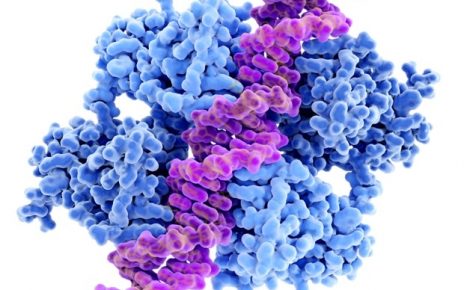This Morning: Dr Chris reveals grapefruit can affect statins
We use your sign-up to provide content in ways you’ve consented to and to improve our understanding of you. This may include adverts from us and 3rd parties based on our understanding. You can unsubscribe at any time. More info
Some of these side effects are more common than others.
Uncommon side effects, as noted by the NHS, can include inflammation of the pancreas.
Known as pancreatitis, this can also cause stomach pain.
Furthermore, skin problems, such as acne or an itchy rash can also occur.

So too can inflammation of the liver, hair loss and memory problems.
Common side effects of statins include tenderness or pain around the eyes or cheekbones.
A headache, hoarseness, lower back, or side pain, painful or difficult urination, and a stuffy or runny nose are also potential experiences one may have after taking statins.
There are some less common side effects to statins too.
Belching or excessive rectal wind may be experienced.
So too may constipation and a general feeling of discomfort or illness.
It is also possible to experience heartburn, stomach discomfort or indigestion after taking statins.
A lack or loss of strength, loss of appetite, nausea, shivering, stomach pain, sweating, trouble sleeping, and vomiting are other, less common, side effects.

It should be noted that even if you these are experienced after taking a statin, they may not be caused by the statin you have just taken.
Once a person start’s taking the medication, they normally have to have them for the rest of their life.
The NHS advises that if you miss one dose that you shouldn’t take an extra pill the next day to compensate.
Sometimes statins, when mixed with other medications in the stomach, can exacerbate the side effects; these are known as interactions.

The leaflet that comes with each packet of statins will give you a list of interactions that you should be aware of.
Avoiding these interactions can help to reduce the impact of the side effects.
Alternatives to statins include lifestyle changes.
If you have any questions about statins consult your GP or contact the NHS.
Source: Read Full Article



